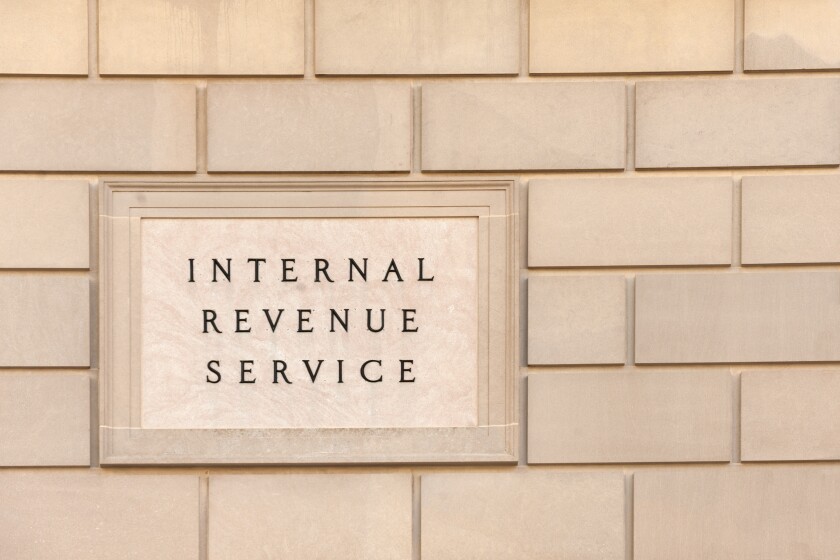The Internal Revenue Service’s Criminal Investigation Division issued a warning Thursday about a new wave of COVID-19 scams tied to the latest round of stimulus payments, especially targeting taxpayers in the District of Columbia.
The warning comes amid heightened tension in Washington after a riot last week at the Capitol that left five people dead and scores of people injured and led to an unprecedented second impeachment of President Trump on Wednesday. Washington is also bracing for possible protests next week around the time of the inauguration of President-elect Biden. National Guard troops have amassed at the Capitol to protect it.
The new COVID-19 scams echo some of the same schemes seen last year when the previous round of Economic Impact Payments was sent to taxpayers. However, in the last several months, the IRS’s CI unit said it has seen a variety of EIP scams and other financial schemes with the goal of stealing money and personal information from taxpayers. Criminals are taking advantage of the second EIP round, along with the impending tax-filing season, to trick honest taxpayers out of their money.
As Filed co-founder & CEO, Leroy Kerry leverages expertise from scaling some of Europe's fastest-growing fintechs, including scaling Iwoca from a team of 5 to unicorn status to serving as a founding member at Juni. Leroy's experience blends strategic growth, operational scaling, and talent development, uniquely positioning him to transform legacy industries through technology.
“IRS-CI wants to make sure all residents of the District are aware of the potential scams to help prevent them from becoming victimized,” said Kelly R. Jackson, special agent in charge of IRS-CI's Washington, D.C., Field Office, in a statement. “Please stay vigilant of potential scammers looking to steal your personal information and your money.”
Some of the common COVID-19 scams seen by IRS-CI agents include:
- Text messages asking taxpayers to disclose bank account information under the guise of receiving the $1,200 EIPs;
- Phishing scams using email, letters and social media messages with key words such as “coronavirus,” “COVID-19” and “stimulus” in different ways — these communications are sent to large numbers of people and aim to access personally identifying information and financial account information (including account numbers and passwords);
- The organized and unofficial sale of fake at-home COVID-19 test kits (along with offers to sell fake cures, vaccines, pills and professional medical advice regarding unproven COVID-19 treatments);
- Fake donation requests for individuals, groups and areas heavily affected by COVID-19;
- Bogus opportunities to invest in companies developing COVID-19 vaccines while promising that the “company” will dramatically increase in value as a result.

Taxpayers who get unsolicited emails or social media attempts to gather information that appear to be from either the IRS or an organization closely linked to the IRS should forward the message to phishing@irs.gov. The IRS is encouraging them not to communicate with potential scammers online or over the phone.


